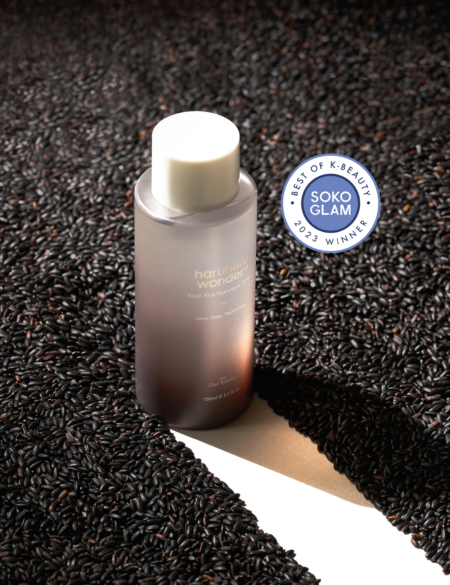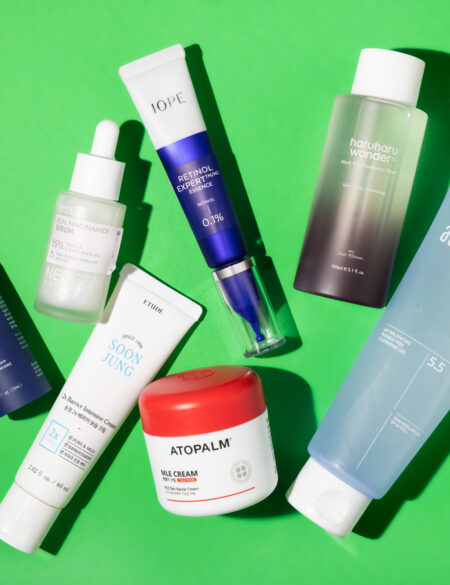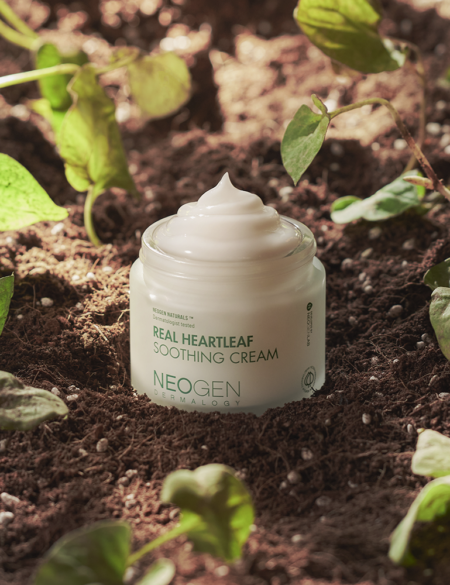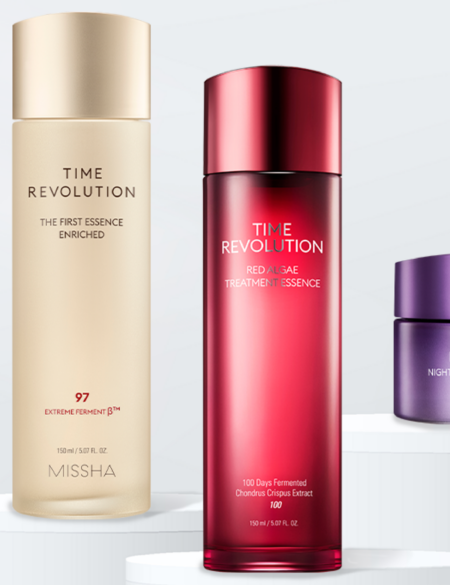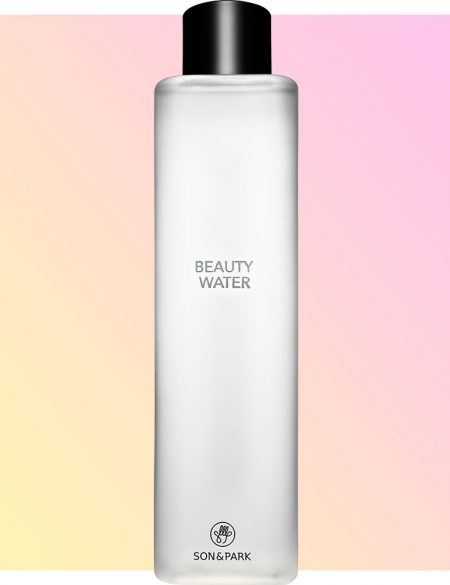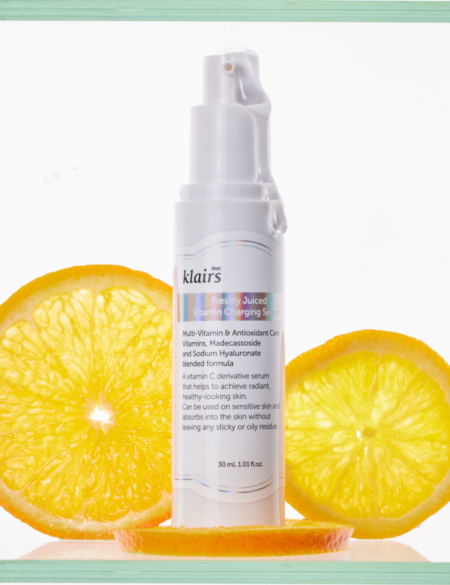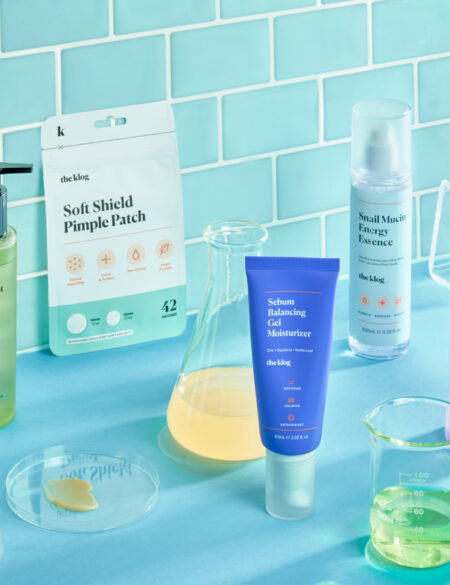Welcome to Klog Chat, a series where we ask you to tell us how you do skin care and beauty. Today we’re wondering: How do you find the right dermatologist for you? Do you have any recommendations in your city? Tell us all about it in the comments section!
Hi Kloggers! Daniela here. As you may know, I was lucky enough to grow up with a dermatologist mom, giving me backstage access to a dermatologist’s office and to many of her good derm friends. Add to this a propensity for rashes (where are my atopic girls at?), and well, I’ve known my fair share of dermatologists. Maybe I’m biased, but I believe that anyone with skin should go to a dermatologist at least yearly for a full-body cancer screening. It’s also advisable to see a dermatologist if you’re dealing with any persistent skin issues that you can’t seem to DIY your way out of. By going, you gain a partner and guide in your treatment. This does not mean you cannot explore skin care on your own, but rather that you’ll do so with a clearer understanding of your skin, provided by an expert in that field.
Naturally, not all derms are created equal, so below I share some tips to find the best derm for you, whether you’re looking for an aesthetic or medical dermatologist.
Experience
Make sure you’re going to someone who knows what they’re doing. This does not mean you should discount a younger doctor, but I recommend doing your research. Look at their resumé, see if they’re clinical professors affiliated with medical schools, check if they have any research published, etc. If you’re looking for injections or lasers, I do recommend going to someone who’s been at it for a while.
Recommendations
Ask a friend with good skin for their derm! If they don’t want to divulge their secret, find a new friend to ask. Usually, an in-person recommendation counts more than a Yelp review, as anyone can post anything, and it’s not always an accurate reflection of what a doctor is actually like. You can also ask your primary care physician (if you like and trust them) for a referral.
Social Media
I’m very torn about this, as I know many excellent doctors who either don’t bother with social media or have a subpar social media presence despite excelling in both medical and aesthetic work. There are a few reasons for this. Younger doctors (#millennials) tend to be more social media-savvy, so they are more inclined to advertise their practice on these platforms. Some of the more experienced hands in the field, however, are either too busy with patients or are otherwise disinterested in social media, which may exclude them from your search. If you’re finding your derm through social, do your due diligence, and make sure you’re not choosing this person just because their IG is really popping.
Certifications
Board certification is another somewhat controversial topic because the organizations that provide these certifications can have their own interests. Nevertheless, every good dermatologist I know is board-certified. Board certification ensures that your derm stays up to date with developments in the field and practices continuing education. This is crucial in medicine and science in general, where the knowledge base constantly evolves. You don’t want someone treating you the way they would have treated patients 50 years ago, or even 10 years ago.
Don’t be afraid to date!
Skin health is an ongoing journey, so you want to make sure your derm is the right long-term partner. Don’t be afraid to schedule initial consultations with different doctors or even switch doctors. Naturally, this requires some financial commitment, which isn’t an option for everyone, but if it is, take your time to find the right person. I’ve heard many stories of people not taking their dermatologist’s advice and diagnoses seriously because the personalities didn’t mesh well, the derm didn’t take the time to explain the diagnoses, and so on. In dermatology, bedside manner and patient education are especially important because skin is one of the few organs you can see. You’re going to be trusting and working with this person for a while, so make sure you get along, respect them, and feel listened to and valued as a patient.



